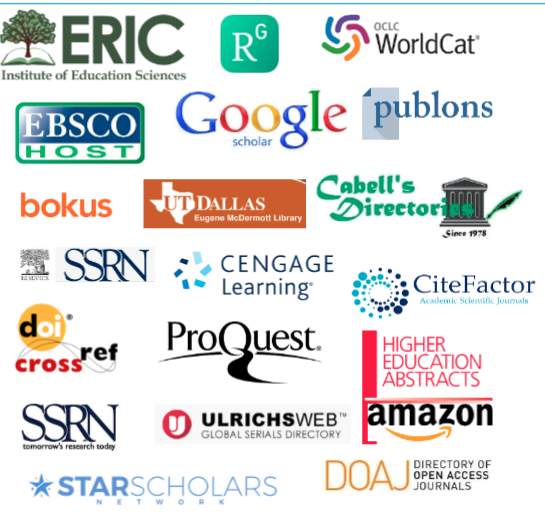Observation of teaching approaches in two undergraduate civil engineering synchronous remote classrooms.
DOI:
https://doi.org/10.32674/jimphe.v7i2.4726Abstract
Background: The sudden switch of in-person instruction to remote instruction during the 2020 pandemic was difficult for engineering instructors and students, especially in practice-based courses as there were limited scope hands-on activities, which are vital for reinforcing theoretical concepts to the students.
Purpose: This observational study investigated how civil engineering students experienced the impact of the shift to remote instruction on active learning, and the way that the experience affected the students learning process.
Method: We employed a convergent parallel multi phased mixed method design to explore the phenomenon. The Classroom Observation Protocol for Undergraduate STEM (COPUS) instrument was used to observe, two 12-week long courses in the 2020 summer session. Instructors of the two classes were interviewed. A focus group discussion was carried out with seven students. A two cycled inductive analysis process was used to generate themes from the qualitative data. COPUS data was used to visualize how class sessions were utilized by instructors and students. Kolb’s Experiential Learning Theory was used to guide the study
Results: The data of this study showed that, the faculty lectured for more than half of the class time. Also, the data showed the students were self-motivated inherently through the courses.
Conclusions: Findings showed that student-centered instructional practices motivate students. Interview data showed that there was demotivation for students from the teacher-centered approaches exhibited in the class sessions. We provide suggestions to promote student collaboration, active learning, and student engagement in a remote classroom.






